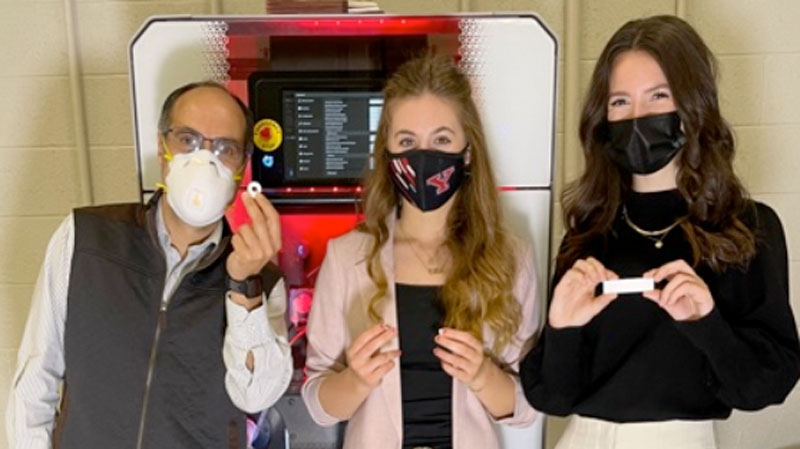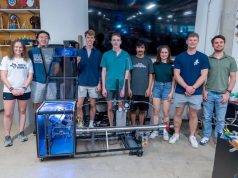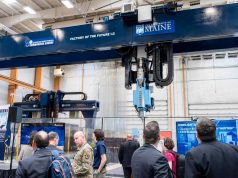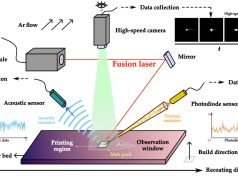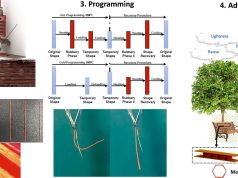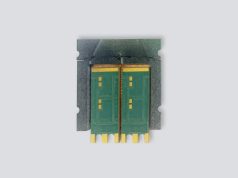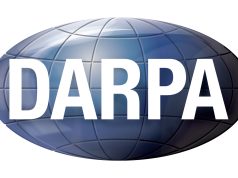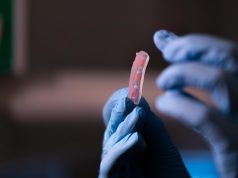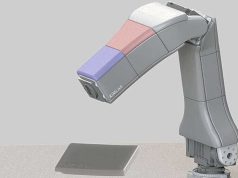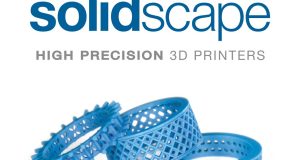NASA’s Marshall Space Flight Center has awarded 3,000 to the chemical engineering program at Youngstown State University to conduct a 3D-printed battery manufacturing project led by Pedro Cortes, professor of materials science and engineering.
For the YSU program, this is the second award from NASA in just over two years. Previously, a grant was provided to continue research in 3D-printed high-temperature sensors, also led by Cortes.
The current grant will be used to develop sodium batteries, an alternative to the more common lithium batteries, and to update technology in the production process.
PhD student focusing in Materials Science Engineering, Sina Bakhtar Chavari, explained, “Right now, most batteries are made of lithium and this metal is scarce in outer space. We are working to use sodium which is much more plentiful in space and will be more readily available for future developments.”
Bakhtar Chavari’s team is also exploring moving away from the typical two-dimensional component printing processes used in battery production, such as those commonly used for lithium batteries, and studying a more complex and refined three-dimensional printing process that is also suitable for a sodium-based battery.
Bakhtar Chavari explained further, “Because we are currently operating with lithium battery technology, we need to update all areas of the production to function with sodium. As a result, we are working to make this update in the printing process, using Digital Light Processing, or DLP for a higher resolution.”
The development of battery architectures with superior electrical performance will produce batteries that have more power and energy. Cortes and Bakhtar Chavari are joined on the project by Bharat Yelamanchi, a lecturer in the YSU Rayen School of Engineering, and the University of Texas at El Paso, who are collaborating on battery production, processing and mechanical testing.
“This innovative project paves the way towards in-space/on-surface development of free-form energy storage devices for applications in Lunar/Martian habitats,” said Cortes.
This innovative project paves the way for the development of free-form energy storage devices in space or on the surface for applications in habitats on the Moon or Mars, Cortes emphasized, noting the potential relevance in the context of future space missions and colonization.
Subscribe to our Newsletter
3DPResso is a weekly newsletter that links to the most exciting global stories from the 3D printing and additive manufacturing industry.



